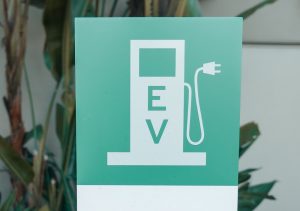Electric vehicles (EVs) are a growing part of the transportation landscape in the United States, as governments and individuals alike seek ways to reduce greenhouse gas emissions and move toward a more sustainable future.
As a result, electric vehicle policy has become a major focus for lawmakers and policymakers at both the state and federal levels, with a number of trends and legislative initiatives emerging in recent years.
One major trend in electric vehicle policy is the increasing use of incentives to encourage the purchase and adoption of EVs. Many states and local governments offer tax credits, rebates, and other financial incentives to individuals who buy or lease electric vehicles, in an effort to make these vehicles more affordable and attractive to consumers.
These incentives can range from a few hundred dollars to several thousand dollars, and may be based on factors like the battery capacity of the vehicle, its range, or its overall energy efficiency.
Another trend in electric vehicle policy is the establishment of regulatory standards and requirements for automakers and other stakeholders in the industry. For example, several states have set goals for the percentage of new vehicles sold that must be electric or zero-emission by a certain date, while others have implemented emissions standards or other regulations to promote cleaner transportation options.
Similarly, the federal government has established regulations for fuel economy and emissions standards for passenger cars and light-duty trucks, which are intended to encourage the production and sale of more fuel-efficient and cleaner vehicles.
In addition to these trends, there are a number of key pieces of legislation and policy initiatives to watch in the electric vehicle space. One such initiative is the Biden administration's goal of adding 500,000 new EV charging stations nationwide by 2030.
This effort will require coordination between federal, state, and local governments, as well as private companies, to ensure that the necessary permits and approvals are obtained, and that the infrastructure is in place to support a growing fleet of electric vehicles.
This bill includes a number of provisions designed to promote clean energy and reduce greenhouse gas emissions, including incentives for the purchase of electric vehicles and the installation of EV charging infrastructure.
Overall, the electric vehicle policy landscape in the United States is complex and constantly evolving, with a range of incentives, regulations, and initiatives at the federal, state, and local levels.
As the push for a more sustainable transportation system continues, it will be important to monitor these trends and legislation to ensure that the policy framework is supportive of a cleaner and more sustainable future.






















